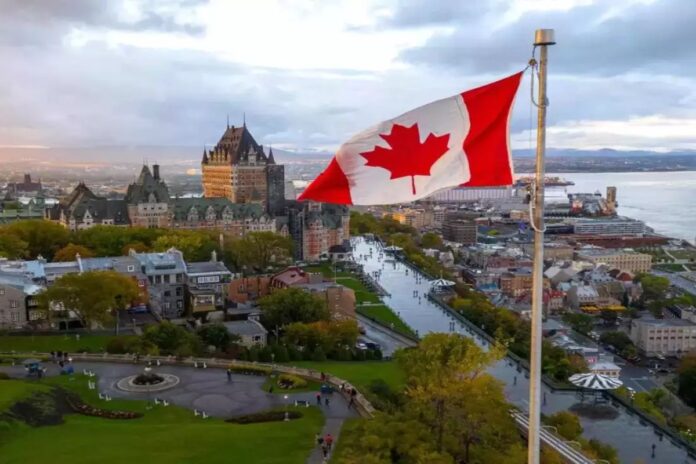In a major policy shift that could impact millions of foreign workers, including a significant number of Indians, Canada’s Immigration Minister Marc Miller has announced updates to immigration rules that are set to take effect soon. These changes will see the expiration of around five million permits by the end of 2025, forcing many to leave unless they apply for permanent residency or successfully renew their permits.
The announcement from Marc Miller has cast a shadow of uncertainty over the lives of millions of individuals who have made Canada their home. While addressing the Commons immigration committee, Miller explained that many individuals are expected to depart voluntarily as their permits expire. The Canadian Border Services Agency (CBSA) will oversee the compliance of those who stay beyond their permitted time. “The government remains committed to ensuring that those who overstay are dealt with according to immigration laws,” Miller emphasized.
The immigration revisions are part of a larger plan by the Department of Immigration, Refugees, and Citizenship Canada, which was announced in October. The government has decided to significantly reduce the number of new permanent residents it plans to admit in the coming years. In 2025, the target for new permanent residents will be lowered to 395,000, decreasing further to 380,000 in 2026, and dropping to 365,000 by 2027. These reductions will impact those foreign nationals currently living in Canada, including international students and foreign workers seeking permanent residency.
The government, in its news release, stated that the primary aim of this plan is to “pause population growth in the short term to achieve well-managed, sustainable growth in the long term.” The reduction is expected to bring more stringent rules, significantly decreasing the number of temporary permits and permanent residencies that are granted. This shift is also anticipated to have a notable effect on the flow of international students into Canada. A report by the Economic Times highlighted that the drop in the number of new permanent residencies would amount to a 21% reduction. Furthermore, a decrease in both permanent and temporary residency permits would result in a staggering 40% decline in international students coming to Canada.
The Indian community, which constitutes a large segment of Canada’s immigrant population, could be particularly affected by these new policies. With over a million Indian nationals living in Canada, according to the Ministry of External Affairs, the Indian diaspora is employed across a wide range of sectors, from technology and engineering to research and executive positions. The reduction in temporary foreign workers will likely make it more challenging for these workers to renew or extend their permits, jeopardizing their status in the country.
Moreover, Indian students are also facing an uncertain future. Currently, many Indian nationals are pursuing higher education in Canada, a country that is a favored destination for overseas studies due to its quality of education and job opportunities. However, Marc Miller revealed that around 766,000 study permits are set to expire by December 2025. With the government’s revised targets, the prospects of transitioning from a temporary student visa to permanent residency are likely to diminish. This change threatens to disrupt the lives and dreams of thousands of young Indian students aiming to settle in Canada after completing their studies.
This change in Canada’s immigration landscape comes amid concerns over population growth and resource management. The government’s efforts are directed at achieving long-term sustainable growth, but they have inadvertently stirred up anxiety within the immigrant community. The reduction in residency targets may create hurdles not only for aspiring immigrants but also for those who have already lived in Canada for years, contributing to the country’s economic and social fabric.
As the new immigration rules loom, uncertainty abounds for millions of individuals living in Canada on temporary permits. For the Indian community, which has a significant presence in the country, the situation is particularly precarious. Unless they can find a way to convert their status to permanent residency or renew their permits, they might soon face the prospect of leaving a country they have long called home.

